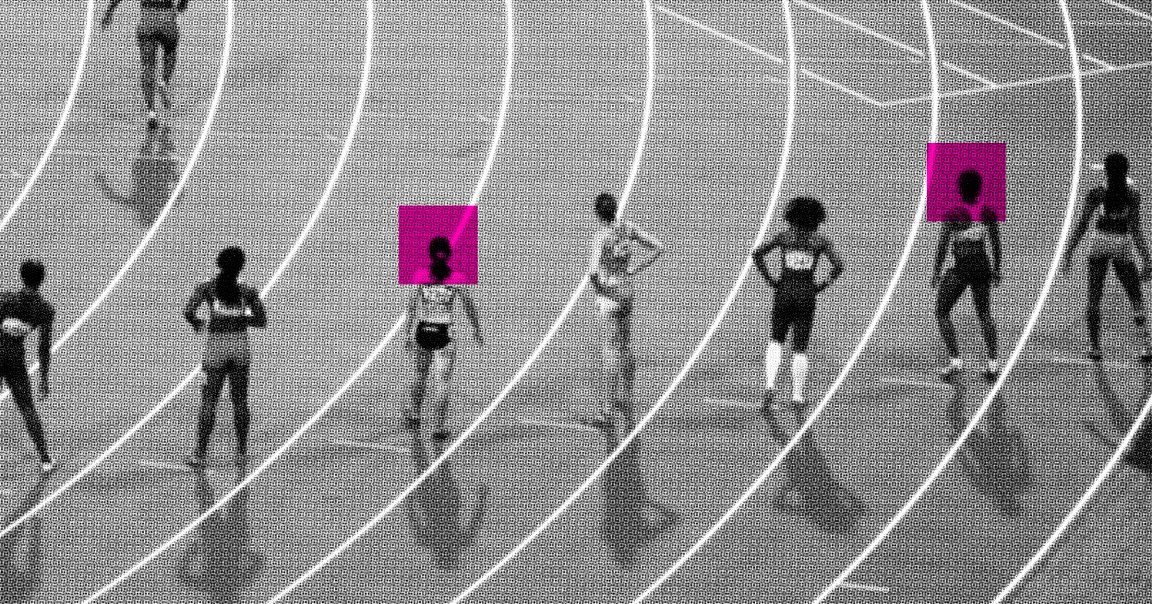
Sorry, Fry
In the pilot episode of “Futurama,” the character Philip J. Fry wakes up in the year 2999 after a millennia-long slumber in a cryogenic tank. Soon after, a computerized device called a “probulator” assesses the former pizza delivery boy’s skillset to assign him a new job: delivery boy.
Now, life imitates art: Researchers have created a machine that scans a person’s brain to determine their aptitude at certain tasks. And while it doesn’t yield results quite so definitive as “delivery boy,” it’s not hard to see the system as a stepping stone on the path to a device that could.
Don’t Think
In a study published Wednesday in the journal Science Advances, researchers describe how they used a machine-learning system to analyze the brain activity of 30 surgeons wearing electroencephalography (EEG) caps as they carried out simulated surgeries.
They found that activity levels in the motor cortex, which is responsible for dexterous movements, were higher in more skilled surgeons. Less skilled surgeons, meanwhile, showed increased activity in the prefrontal cortex, an area responsible for complex planning.
The apparent finding: greener surgeons had to “think” more about what they were doing, while the more experienced surgeons simply did it.
Dream Killer
The researchers told The Wall Street Journal they hope their system will improve how we train surgeons and not limit what surgeons can do, but it’s not hard to imagine how it could do the latter — for surgeons, athletes, pilots, or any profession.
Eventually, it’s easy to imagine a society like “Futurama,” where a computer decides your job based on what you’re good at, even if you’re passionate about something else.
And we’re not sure if that’s simply logical or dystopian as hell.
READ MORE: Brain Scans Can Detect Who Has Better Skills [The Wall Street Journal]
More on brain scans: Brain Scans of Stressed Pilots Uncover a Big Problem with How We Do Science